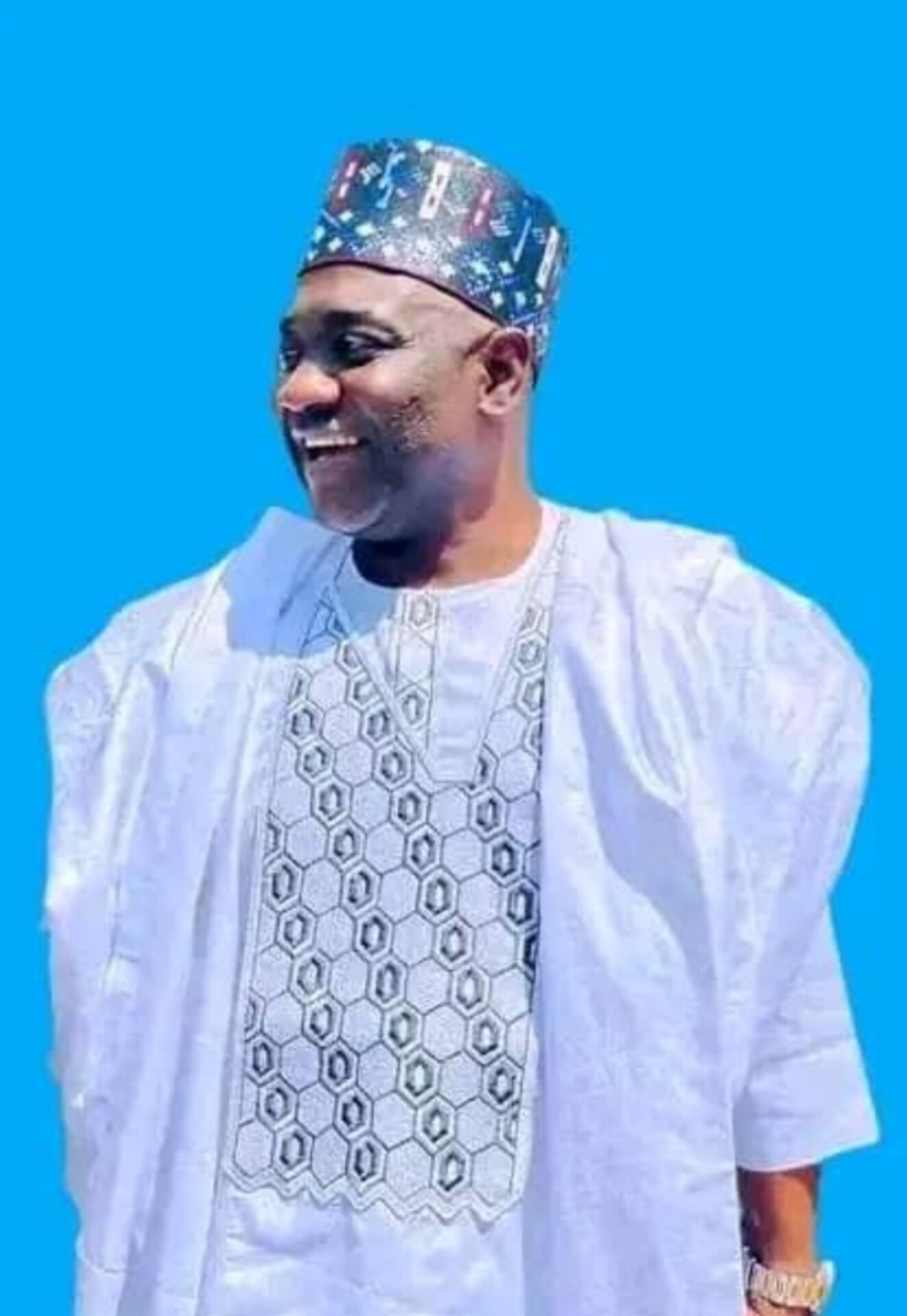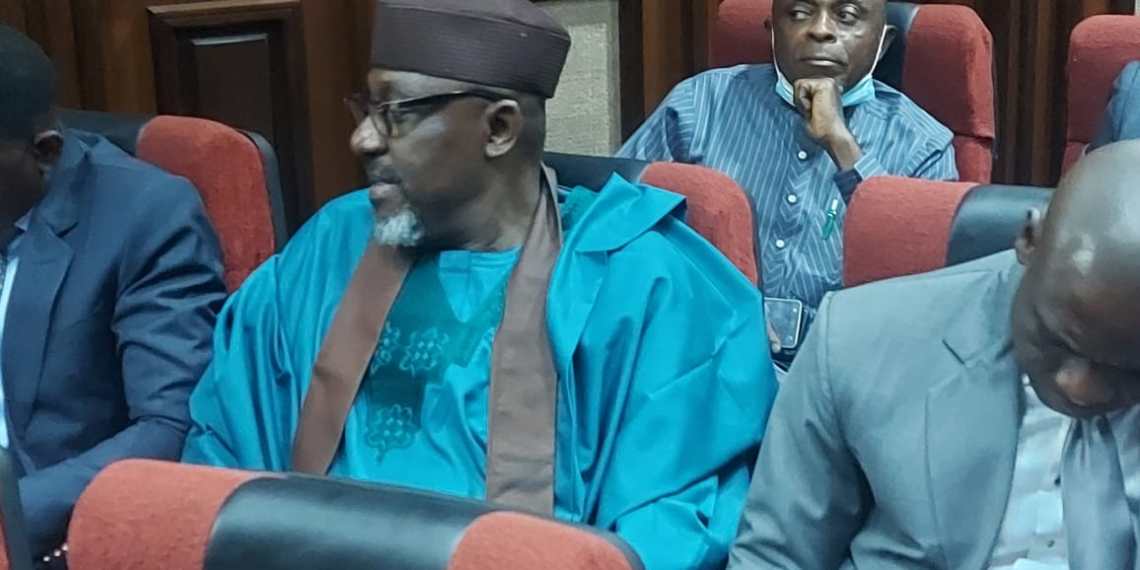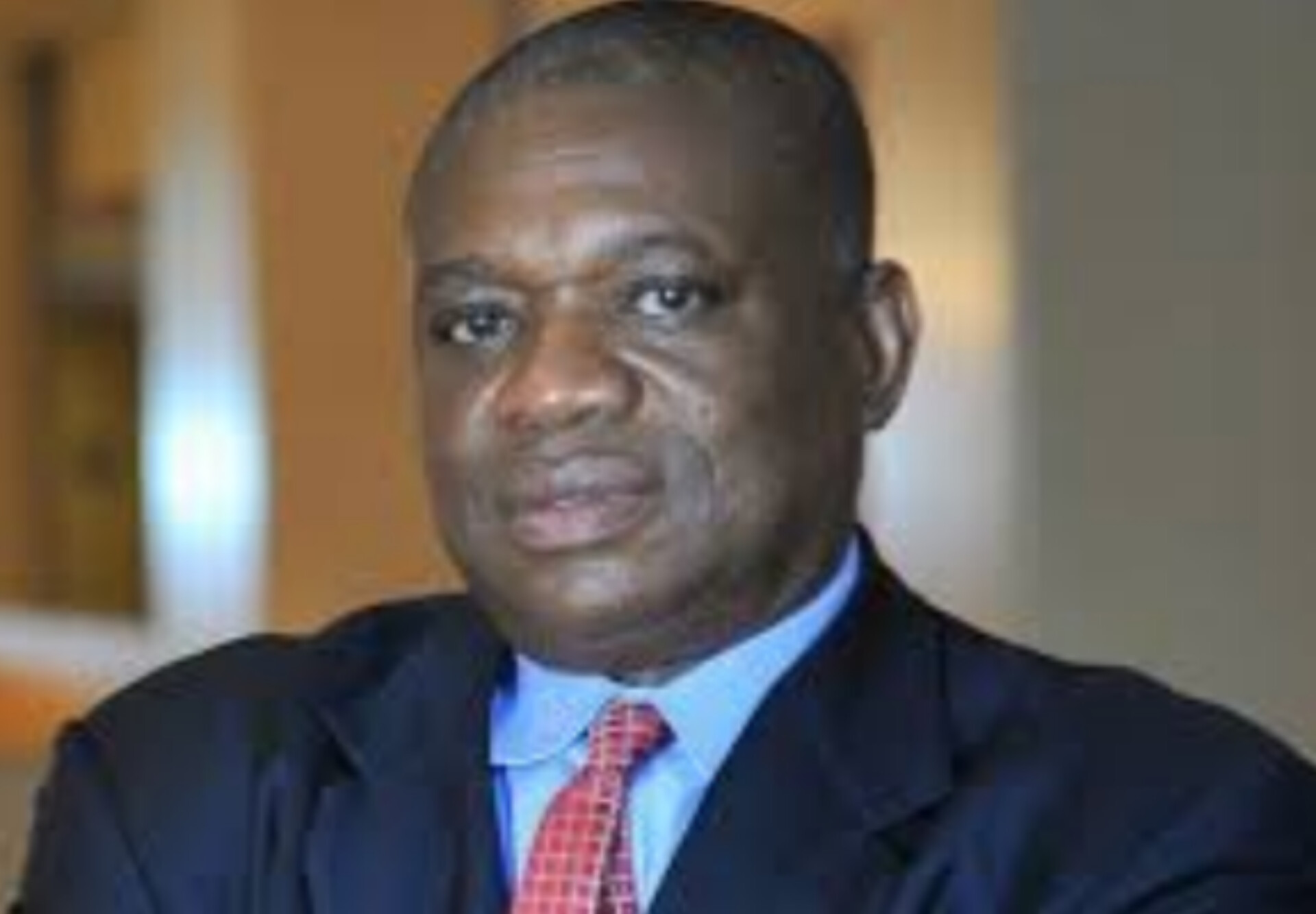From Naseer Al-sirajdeen Minna
.
A High Court sitting in Minna has awarded the sum of N12 million against First Bank of Nigeria as compensation for financial losses suffered by one its customers Messer MarketBridge Ltd in its trading business.
According to court documents sighted on Monday, in October 2017, MarketBridge invested the sum of N65, 000,000 in call deposit at 7 percent per annum with the Defendant.
On 25th November, 2019 the Plaintiff wrote to the bank to terminate the call deposit investment and effect three transfers of various sums of money to the account of Crown Flour Mills with the same bank.
First Bank acknowledged receipt of the customer’s instructions but refused to carry them out and provided no explanations on why it did so to MarketBridge.
After several unsuccessful efforts to get the bank to carry out its instruction, the Plaintiff hired the services of Messer Alheri Chambers to compel First Bank to come clean on the status of its N65 million investment with the bank.
After so much pressure from Alheri Chambers and escalation of the matter to the Consumer Protection Department at Central Bank of Nigeria, First Bank verbally claimed that the N65, 000, 000 investment was not in its books and that the funds were fraudulently converted to personal use by its then Tunga Branch Minna branch, Mr. Daniel Achi. He was alleged to had converted the funds for personal investment but failed to payback before the malpractice was discovered, a situation which the Bank claimed that they cannot be held liable for the misconduct. Contrary to industry practice, the bank avoided writting correspondence on the matter and resort to verbal communication.
According to the Judgement paper, about 36 days after MarketBridge issued instruction for termination of its call deposit and transfer of part thereof, on 31st December, 2019 the Defendant deposited the sum of N74,885,342. 47 into the account of the Plaintiff without any explanation or apology.
The High Court Judge, Justice Bilikisu Yusuf Gambo while delivering her judgement said that First Bank ought to put in appropriate measures to protect its customers deposit and to prevent unauthorized access to a customer’s account by its staff adding that every bank or financial institution must provide adequate facilities to prevent all kinds of fraud from being perpetrated into its customers’ accounts.
“Banks must also provide sophisticated software to monitor internal operation of the bank by its staff”, she said. The judge therefore ruled that “The Defendant is to pay the sum of N10, 000,000 to the plaintiff as general damages, the sum of N1, 500,000 to the Defendant being solicitors’ fees and pay the Plaintiff the sum of N500, 000 as cost of litigation.” The court also ruled that “the Plaintiff is entitled to a letter of apology from the Defendant for not carrying out the Plaintiff’s instruction regarding the Plaintiff’s funds as at the time of request.” she ruled
Minna High Court awards N12m against First Bank




